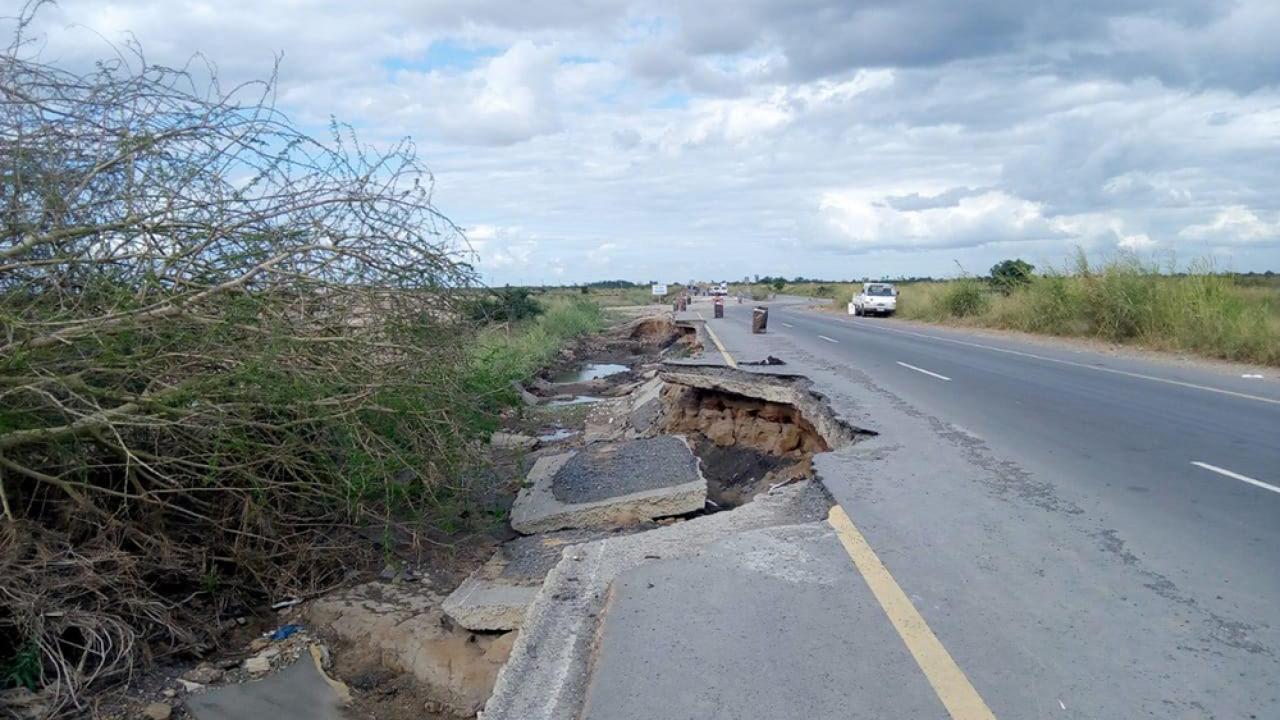
Certifying Index Insurance Quality to Meet the Financial Challenges of Climate Change in Africa
As climate change escalates the risk of weather-related disasters across Africa, it also escalates the critical importance of sustainable ways to protect vulnerable communities and to pay for rebuilding infrastructure. Index insurance, both for rural households and for national social protection, can play a vital role with recent innovations in testing insurance quality.
On July 1, 2021, MRR Innovation Lab director Michael Carter presented new research on index insurance and climate change at an online conference organized by the Foundation for studies and Research on International Development (FERDI) and co-sponsored by the French Development Agency (AFD) and the Bank of France. The three-day event “What financial choices for Africa in the face of climate change?” sought to address the financial implications of climate change for Africa.
“Climate change will continue to impose hefty costs across Africa through more frequent and severe weather-related disasters,” said Carter. “How we finance those disasters is critical, and high-quality agricultural index insurance is one tool for national governments seeking a proactive response.”
Agricultural index insurance, also called parametric insurance, bases payouts on an easy-to-measure index of factors, such as rainfall or average yields, that predict individual losses. Index insurance is attractive as a risk-management tool in developing countries where the fixed costs of verifying claims for a high number of small farms make conventional insurance too expensive.
In spite of these benefits, index insurance has seen low adoption rates among individual rural households. A key reason for this lack of uptake is that the policies available are often of such low quality that they are more likely to leave people worse off for having bought it. This results in a missed opportunity to strengthen agriculture in developing countries.
“The greatest strength of index insurance, that losses do not have to be verified, is also its greatest weakness,” said Carter. “With severe losses, the worst thing that can befall a household becomes worse if the contract fails to pay.”
Carter pioneered the first objective measurement of index insurance quality, the Minimum Quality Standard (MQS). MQS uses the insurance index and historical data on losses to estimate whether an insurance product is more likely to make a family worse off for having purchased it. In part this depends on how well the index predicts actual losses, also called “basis risk,” as well as the cost of the insurance premiums.
“MQS is a metric that provides a coherent and objective measure of index insurance quality,” said Carter.
MQS has become the standard for testing index insurance quality. MQS is the foundation of the 3D Client Value Assessment Tool Carter developed in partnership with the International Labour Organization’s Impact Insurance Facility. MQS is also the basis of Quality Index Insurance Certification (QUIIC), an initiative that Carter established in 2020 with support from USAID. QUIIC is a collaboration between UC Davis and Kenya-based Regional Centre for Mapping of Resources for Development (RCMRD) to offer voluntary quality certification for insurance products in East Africa.
While the first QUIIC certifications are currently underway, Carter said that broader adoption of QUIIC could significantly benefit donor organizations and national governments that invest in index insurance. Carter and the MRR Innovation Lab have recently developed metrics that a government can use to judge whether it should insure its disaster-dependent social protection obligations or simply rely on its own fiscal resources to finance those obligations.
“We hope that donors and governments that support or subsidize index insurance will decide to require quality standards in order to catalyze the market for individual insurance contacts for vulnerable rural families,” said Carter. “These quality standards are also critical for ensuring that sovereign insurance products help nations to meet the many financial challenges of climate change.”
